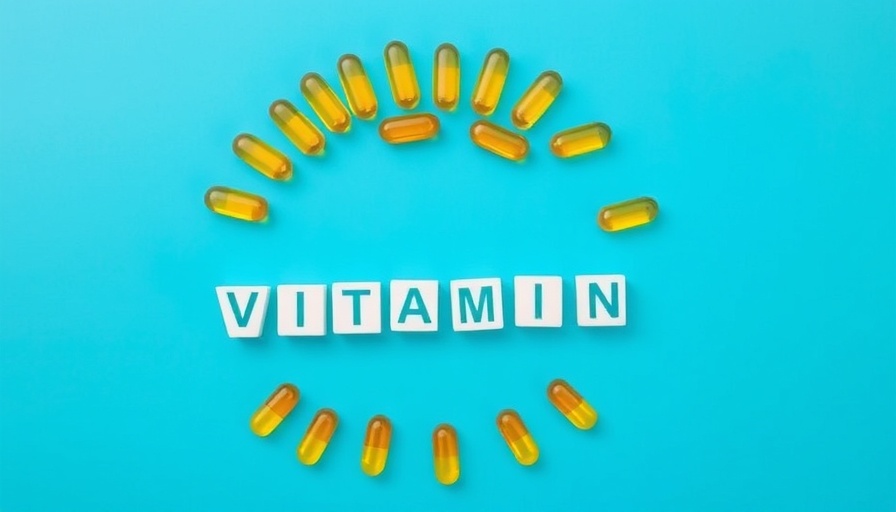
The Underreported Power of Vitamin D: A Historical Overview
The power of vitamin D has long been touted as essential for overall health, especially during times of illness. Its role as a critical immune system supporter has gained renewed attention amidst the COVID-19 pandemic. However, health authorities have often failed to provide the public full access to information on the life-saving benefits of this nutrient, raising questions about transparency and accountability in public health communications.
Why Are Parents Concerned About Vitamin D?
For many parents, the well-being of their families is paramount. The reduction of respiratory infections in children through proper vitamin D consumption might be a pivotal aspect often overlooked in health advice. Although the benefits of vitamin D supplementation have been validated by several studies, governmental guidance has not always reflected this knowledge. Parents need to understand how their children can benefit from natural remedies, including the sunlight-derived vitamin D. Given the growing interest in alternative health solutions, parents are increasingly inclined to explore holistic healing methods that prioritize natural supplements.
Counterarguments: The Medical Establishment's Perspective
While advocates for vitamin D highlight its benefits, there are counterarguments existing within the mainstream medical community. Critics argue that excessive vitamin D consumption can lead to toxicity and other health issues. The dilemma raises questions about how nutritional science can achieve a balance between encouraging natural health solutions and providing warnings of potential risks. The contentious debate around vitamin D usage reflects broader societal divisions regarding the acceptance of complementary and alternative medicine (CAM).
Future Predictions and Opportunities in Holistic Health
Looking forward, the discourse surrounding vitamin D and immune health can influence broader trends in holistic medicine. The emphasis on preventive care—using natural remedies—could forge stronger paths for various alternative practices, from Ayurveda to naturopathy. Parents motivated to adopt holistic lifestyles can cultivate environments in which their families thrive health-wise, indicating a shift towards integrating traditional medicine into modern practices.
Practical Tips for Parents: Incorporating Vitamin D into Daily Life
To harness the potential benefits of vitamin D, parents can consider easy, actionable steps. Encouraging outdoor activities, particularly in sunny weather, can be one of the simplest ways to boost natural vitamin D intake. Furthermore, exploring herbal supplements and dietary sources high in vitamin D like fatty fish, mushrooms, and fortified foods can be beneficial. Engaging with local herbalists or alternative medicine experts could provide tailored advice on optimizing health through diet and natural remedies.
Addressing Common Misconceptions about Vitamin D
Despite the evidence favoring vitamin D’s benefits, myths and misconceptions persist. For instance, many believe that they can obtain adequate vitamin D solely from food, when in reality, sunlight is the most effective source. Additionally, there’s often confusion regarding the dosages needed for different age groups. Clear communication regarding these issues can empower parents to make informed decisions.
As we navigate through evolving health paradigms, understanding the implications of suppressed information about vitamin D can enhance wellness strategies for families. By embracing holistic approaches and promoting natural remedies, parents can better mitigate health risks associated with viral illness, particularly during pandemic times.
We encourage all parents to explore more about vitamin D and its benefits in supporting family health. It may be worth connecting with local holistic health practitioners or seeking out information on herbal remedies as complementary strategies to enhance your family’s well-being.
 Add Row
Add Row  Add
Add 




Write A Comment